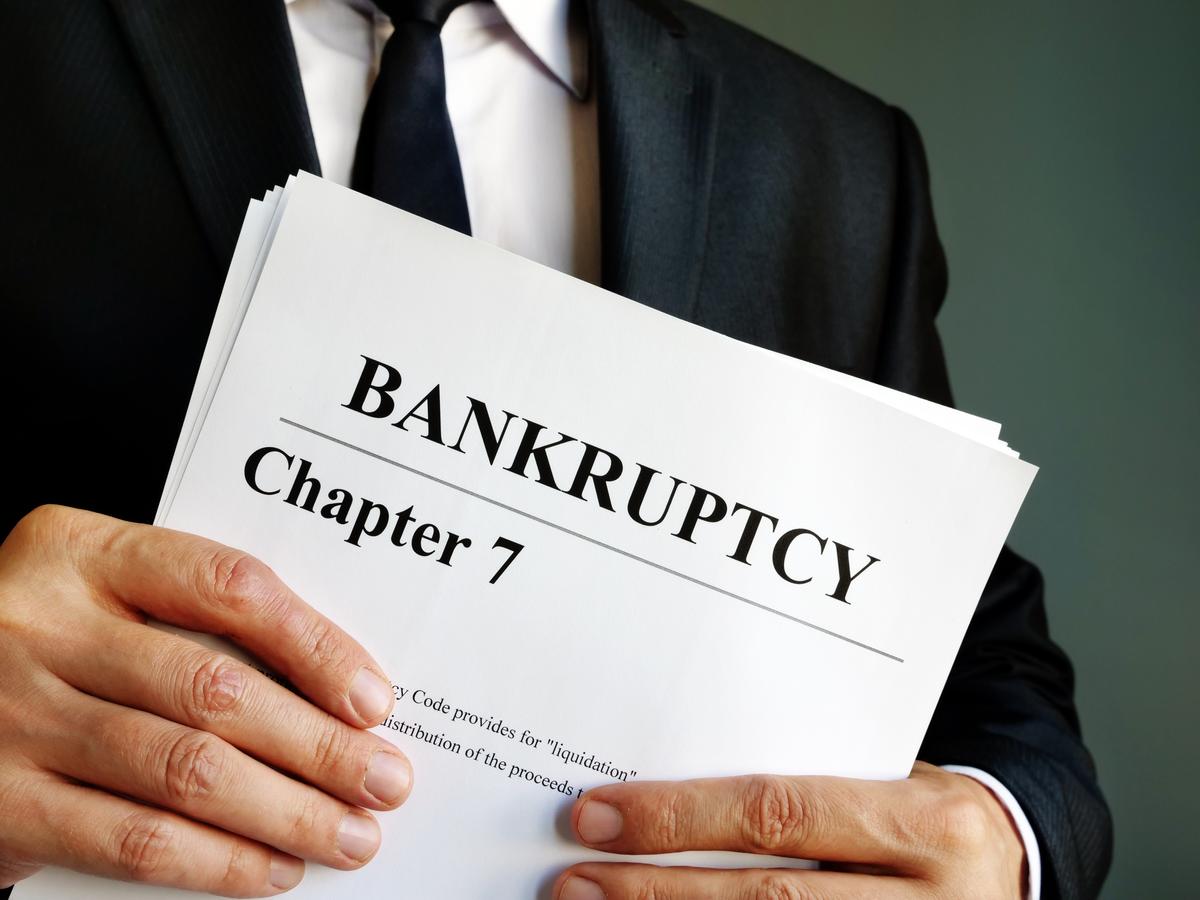Bankruptcy

Pros
Debt Discharge: Bankruptcy allows for the elimination of most, if not all, of your unsecured debts. This can provide a fresh start and relieve the burden of overwhelming debt.
Immediate Relief: Once you file for bankruptcy, an automatic stay is put in place, preventing creditors from pursuing legal actions or contacting you for debt collection.
Professional Assistance: When you file for bankruptcy, a licensed insolvency trustee will guide you through the process, handle the legalities, and communicate with your creditors on your behalf.
Debt Repayment Plan: If you have surplus income, you may be required to contribute a portion of your income to a bankruptcy estate. This can be an opportunity to repay a portion of your debts while still receiving debt relief.
Cons
Credit Consequences: Bankruptcy has a severe impact on your credit score and remains on your credit report for several years, making it difficult to obtain credit in the future.
Asset Liquidation: Depending on your province's exemptions, you may be required to surrender certain assets of value, including non-essential possessions and potentially equity in your home.
Public Record: Bankruptcy is a matter of public record, which means it can affect your reputation and may be viewed by potential employers, landlords, or others.
Limited Financial Options: Bankruptcy may restrict your access to credit and limit your ability to secure loans or mortgages for some time.

